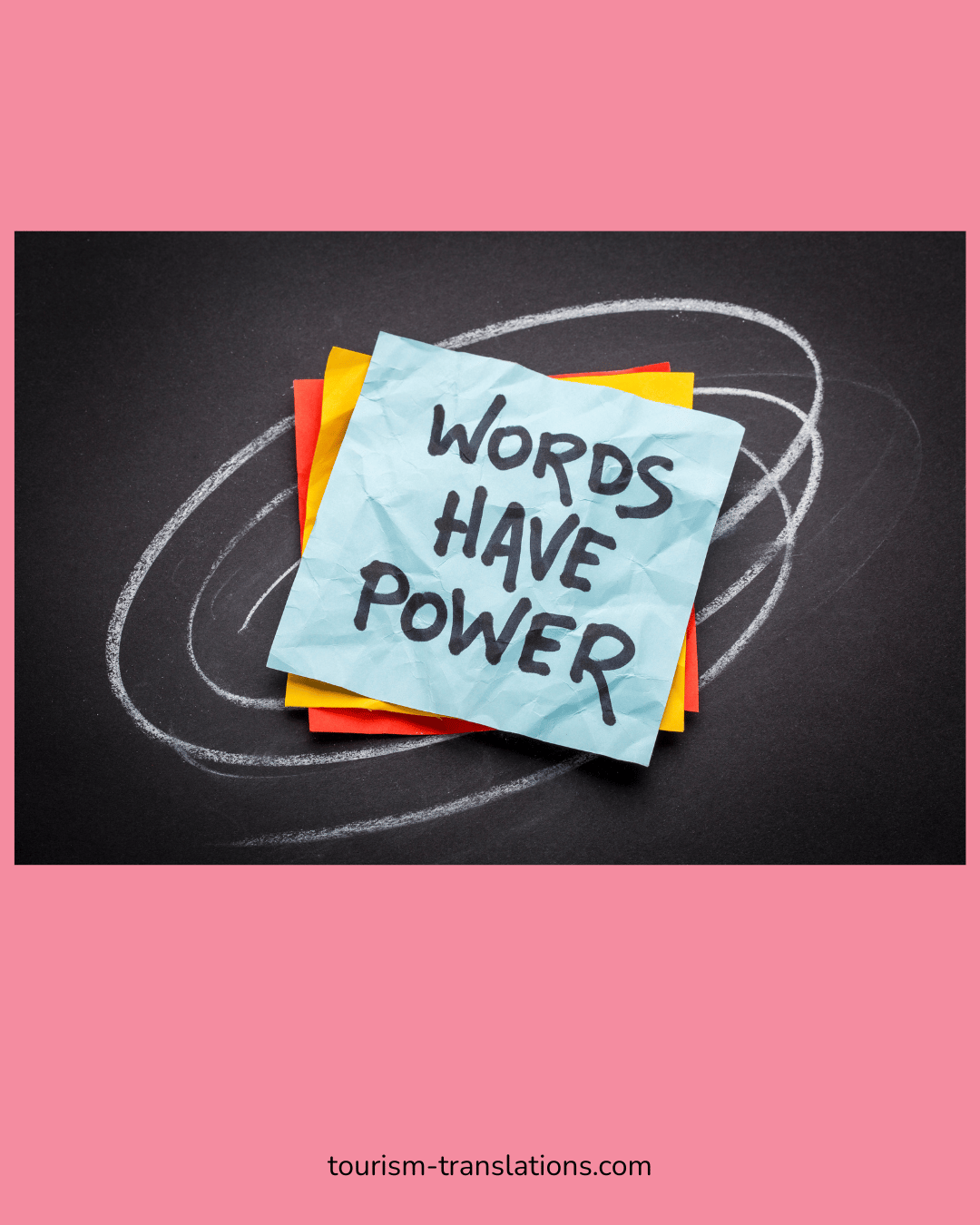Why 'word-for-word' tourism translations won't win hearts
In tourism marketing, literal translations quickly lose their effectiveness. Destinations evolve, guest expectations change and travel decisions are deeply emotional, so translating your content word for word is rarely effective. After all, you’re not just selling rooms, flights or tours. You’re selling feelings: excitement, curiosity and the promise of something new. A phrase that sounds irresistible in English can sound awkward, flat or overly commercial in German. The tone changes. The emotion fades. The story loses its spark.
HUMAN TRANSLATIONTOURISMMARKETINGTIPS
10/30/20252 min read


Why 'word-for-word' tourism translations won't win hearts
In tourism marketing, literal translations quickly lose their effectiveness.
Destinations evolve, guest expectations change and travel decisions are deeply emotional, so translating your content word for word is rarely effective.
After all, you’re not just selling rooms, flights or tours. You’re selling feelings: excitement, curiosity and the promise of something new.
A phrase that sounds irresistible in English can sound awkward, flat or overly commercial in German. The tone changes. The emotion fades. The story loses its spark.
Why literal translations fall short in tourism marketing
A word-for-word translation focuses on words, not meaning. They overlook cultural nuances, travel habits and the emotional triggers that influence bookings.
Travel is about how it feels, not just what it says.
While a literal translation may be grammatically correct, it won't connect with your audience.
For example, 'Discover your dream escape' sounds inviting in English. However, a direct translation into German often feels generic or overly polished. It lacks the sense of authenticity that German travellers respond to, which can quietly reduce trust and engagement.
Transcreation and localisation: where language meets emotion
This is where transcreation and travel localisation come in.
Transcreation goes beyond translation. It reimagines your message to make it feel native, authentic and emotionally engaging for your target market. While keeping your brand's personality intact, it adapts the tone, imagery and cultural references to match your audience.
Localisation fine-tunes content for the German travel market:
using familiar expressions
adjusting place names, currencies and date formats and
ensuring that cultural references make sense
Together, these elements help your travel brand sound local, even when it’s global.
Tourism translations sell stories, not just sentences
Effective tourism translation does more than just describe a destination. It inspires people to imagine themselves there.
It’s the difference between reading about a beach and feeling the warmth of the sand beneath your feet.
When your translated copy captures that emotional spark, travellers connect with your brand and are far more likely to book directly.
After all, people don’t buy destinations — they buy stories they can imagine themselves being part of.
Final thoughts:
When translating travel content into German, avoid literal translations.
Work with a translator who understands language strategy and tourism marketing and who can transform your English content into stories that will resonate with German-speaking travellers.
📩 Email me for English–German translation and transcreation that brings your tourism and marketing content to life.
#TourismMarketing #TravelContent #DestinationMarketing #Localisation #Transcreation #TranslationServices #TourismTranslations #GermanMarket #CulturalAdaptation
© Wenke Geddert-Page/Tourism Translations, 2024–2025 – Policies: AI | Privacy Policy | T&Cs | Website Disclaimer